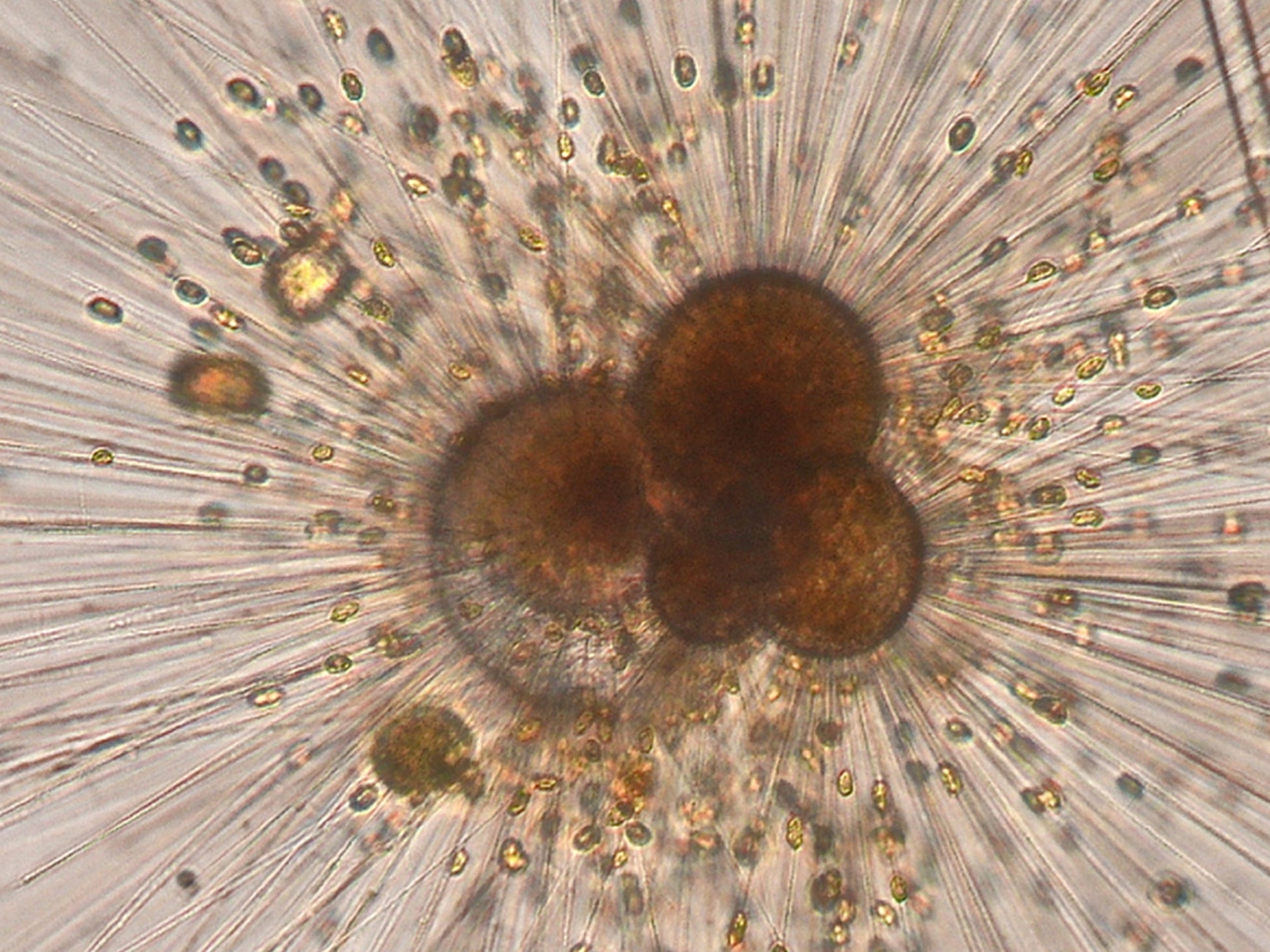Human-led carbon emissions ‘outpacing’ rate during rapid global warming event that sparked mass extinction, scientists warn
Researchers find ancient global warming event was likely caused by volcanic activity, writes Conrad Duncan

Increases in carbon emissions caused by human activity are “outpacing” the rate of CO2 emissions during an ancient global-warming event that sparked mass extinction, researchers have warned.
A study, published in the journal Proceedings of the National Academy of Sciences, found that a rapid warming event which took place more than 55 million years ago and caused extinction in the deep sea saw carbon emissions rise at a much slower rate than today.
Researchers also found that the event known as the Paleocene-Eocene Thermal Maximum (PETM) was likely caused by major volcanic activity.
The period saw the Earth’s temperature increase by between 5C and 8C and a rapid process of ocean acidification that drove deep-sea organisms to extinction, the researchers said.
They added that estimates for the rate of CO2 emissions released during the PETM event showed a release of carbon at least 10 times slower than modern human-driven CO2 emissions.
Dr Bärbel Hönisch, the study’s co-author and a geochemist at Columbia University’s Lamont-Doherty Earth Observatory, said organisms could adapt to increases in carbon emissions if the process happened slowly.
However, Dr Hönisch warned that a rapid increase in CO2 emissions would likely cause major problems.
“The past saw some really dire consequences, and that does not bode well for the future,” she said.
“We're outpacing the past, and the consequences are probably going to be very serious.”
Dr Hönisch and lead author Laura Haynes, an assistant professor at Vassar College in New York, studied boron/calcium ratios in the shells of marine plankton and calculated that 14.9 quadrillion metric tonnes of carbon were added to the ocean during the PETM.
They added that the most likely source of this release of carbon was from volcanoes, possibly from massive eruptions around what is now known as Iceland.
The researchers also warned that atmospheric levels of carbon had increased from about 280 parts per million in the 18th century to about 415 parts per million today and were on track to keep rising rapidly because of human activity.
They said this process was leading to rapid acidification as oceans continued to absorb carbon dioxide, putting strain on marine life.

Join our commenting forum
Join thought-provoking conversations, follow other Independent readers and see their replies
Comments